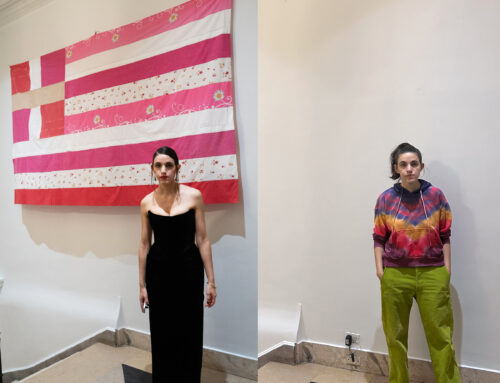Immediately following the first time four black women held the top two spots of the Billboard 100, Lana del Rey posed her question for the culture—one that set the bells ringing in the heads of every woman of color.
“Now that Doja Cat, Ariana, Camila, Cardi B, Kehlani and Nicki Minaj and Beyoncé have had number ones with songs about being sexy, wearing no clothes, f*cking, cheating, etc. — can I please go back to singing about being embodied, feeling beautiful by being in love even if the relationship is not perfect, or dancing for money — or whatever I want — without being crucified or saying that I’m glamorizing abuse??????” she asked on Instagram.
In response, I pose another question: Why couldn’t del Rey have written her essay without naming a group dominated by women of color?
Her description of her own music as beautiful and tender greatly contrasts what she boiled the work of these other women down to be: vulgar and sexed up. For women of color, specifically black women, who have worked for years to reclaim control of their sexualities from the grasp of the patriarchy, their words and lyrics have a double meaning that del Rey fails to understand.
Black women, for so long, have endured racially charged terms and stereotypes painting them as “angry” and lacking the refinement of their white counterparts. While unintentional, del Rey writes them as playing into these stereotypes and herself as a classy lady, one worthy of the respect that crass women of color are not.
Each of the artists she names do as they please with their bodies, as is their right. Considering that del Rey asks to do as she pleases without criticism, describing other women doing the same with condemnation is hypocritical. In naming names, she unwittingly said to these artists what she wished would stop being said to her.
Del Rey goes so far as to say that “there has to be a place in feminism for women who look and act like me – the kind of woman who says no but men hear yes – the kind of women who are slated mercilessly for being their authentic, delicate selves, the kind of women who get their own stories and voices taken away from them by stronger women or by men who hate women.”
But in truth, feminism was built for the woman she is.
Feminism began as a movement solely for white women; a movement that pushed women of color away from the cause when it became clear that advocating for their rights would only hinder the white woman’s equality to the white man. Her implication that feminism doesn’t support the vulnerable woman she is, is simply untrue. More often than not, the movement has only been available to women who look and act like del Rey.
Each of the women listed worked hard to build the career they have, especially in the heavily male hip-hop industry, and objectively, the criticism del Rey has received throughout her career is nothing when compared to what has been said about the women she mentioned. Implying that these women reached the top without facing the criticism, backlash, and adversity she did is tone-deaf, regardless of her intention.
And to even further the controversy, del Rey insinuated she was a pacemaker for the women she listed, claiming she “‘paved the way for other women to stop ‘putting on a happy face.’” del Rey not only subtly credited herself with their success today but took that credit away from artists who sang about pain and abuse long before she did.
Though her intent was pure, in a moment of triumph for all women—especially for black women, del Rey took from their success to scrutinize after her own. And now, with her refusal to recognize that regardless of intent, the language she used was derogatory and the things she said were quite simply wrong, Lana del Rey further epitomizes the white feminism that has hurt nearly every woman she listed.




